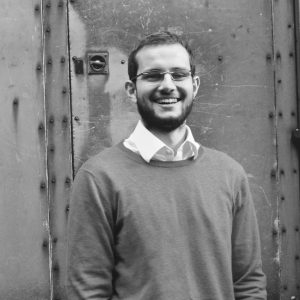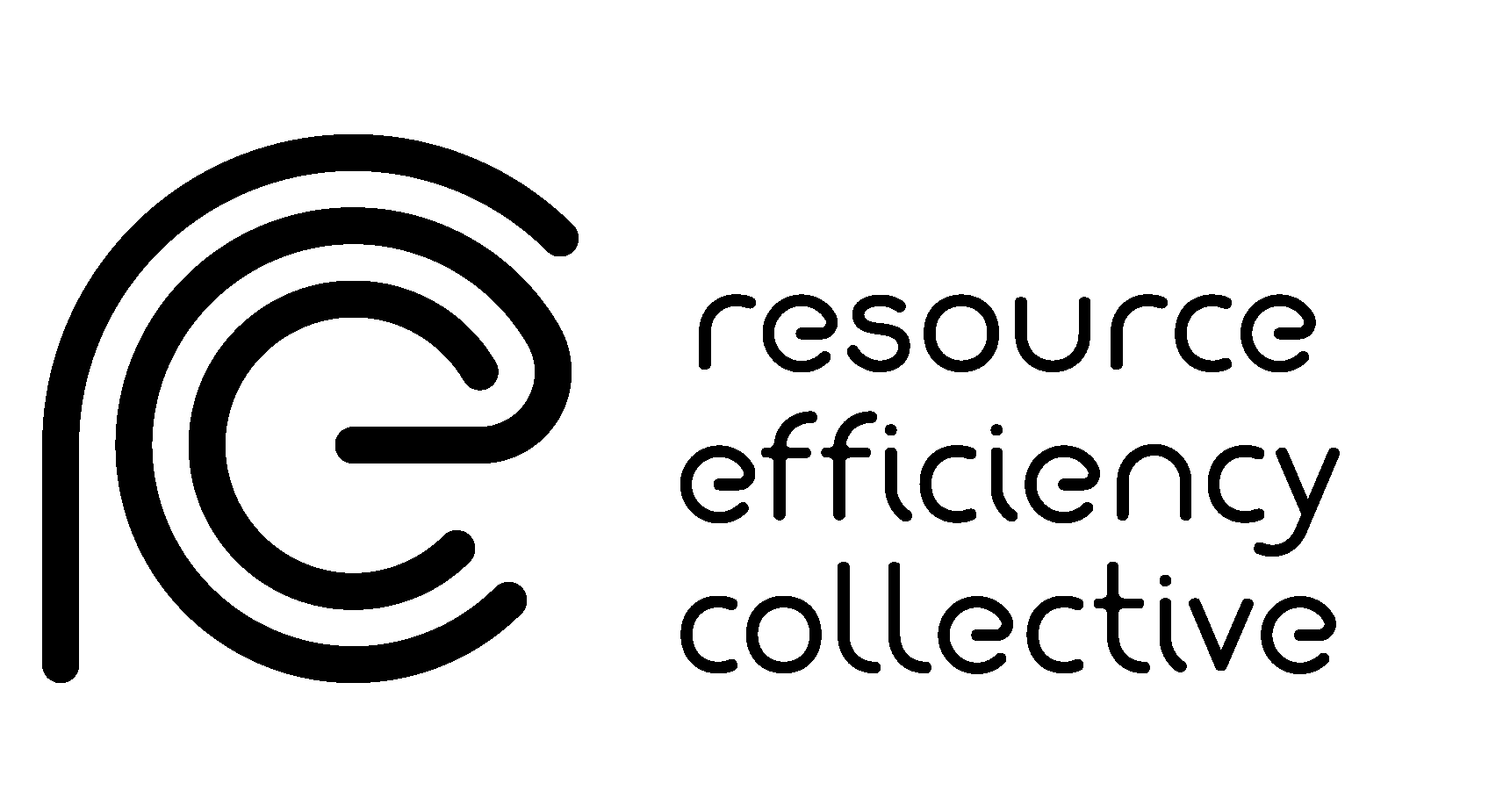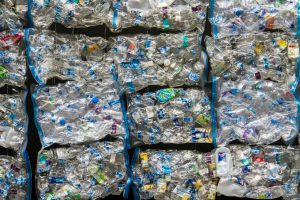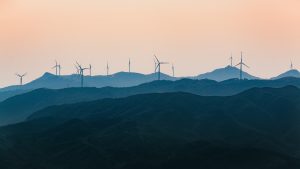Life After a PhD: Harry Michalakakis
This is the first in a series of posts from former PhD students of Resource Efficiency Collective to explore where they are now, and how their PhDs prepared them for life beyond academia.

First up, Harry who completed his PhD in December 2020.
Please give a brief summary of your PhD
My PhD used the thermodynamic concept of exergy analysis to assess resource efficiency in industry. Exergy allows for a combined energy and materials efficiency assessment, something that is not currently common. I developed a methodology and tested it on a case study of a simulated ammonia production site. The refined methodology resulting from this was used on 2 years’ worth of real data from one of the biggest ammonia sites in Europe. Using real data, I assessed the impact that the natural operating variability has on the resource efficiency performance of the site and I examined the relationship between improved exergy efficiency and emissions and cost performance.
What were your main achievements during your PhD?
The fact that I got my PhD?! I guess getting three publications: the methodology and its application on the simulation, an exergy calculator and its application to global resource flows Work originally done by Master’s student Jeremy), and the real-time exergy analysis paper in the Industrial Ecology Special Issue. As a PhD conclusion, it was good to prove and establish a quantitative relationship between better exergy efficiency and better carbon intensity. This has been theorised in the past but never proven in real industrial sites.
What is your current role?
I am working as a Senior Energy Research Advisor in the Science & Innovation for Climate & Energy (SICE) Directorate in BEIS, the government department in charge of tackling climate change. SICE provides the technical, scientific and engineering advice to the rest of BEIS and other government departments on how to address climate change and achieve the 2050 Net Zero target. My work specifically focus half on the built environment (embodied carbon in buildings, low-carbon new-builds, retrofitting homes) and bioenergy (BECCS, AD and environmental impacts such as fugitive methane and ammonia emissions, hydrogen from biomass etc.).
How did your time with Resource Efficiency Collective impact your future?
The group, and Jon specifically, are very broad in their interests, unlike most research groups. That fosters wider discussions on high-level issues, those that matter most. It also means that Jon is quite open to people exploring different avenues both inside their PhD but also outside. For instance, I did the UKRI Policy Internship in the Parliamentary Office for Science and Technology (POST), writing a briefing for MPs and peers on wind power. This was hugely influential for my chosen career path as it gave me an insight to the world of energy policy.
How did your PhD prepare you for your current role? Are there any skills learned during your PhD which help you in your role today?
In two ways: Firstly, it gave me a good understanding of the landscape of industrial decarbonisation, the role of energy and material efficiency and how beneficial, yet challenging, it is to pursue this. Secondly, and most importantly, it taught me how to quickly assess evidence, both academic and from grey literature, how to bring it together and synthesise it, to understand a particular topic in a more holistic way. It’s not just about knowing who’s done what in a paper but also how it fits with the rest of the research and what insights and trends come out. I use this skill all the time in my role: to assess evidence on LCAs of biohydrogen for instance, or the landscape of embodied carbon in the built environment etc.
What advice would you give to someone who is on the final stretch of their PhD?
Make an effort to look for jobs a few months before you start writing up. Once that starts, you won’t and shouldn’t have time for job hunting. Use the Careers service. You can call them up for specific advice for post-PhD careers. Pay attention to those endless emails on events that you might have ignored (but shouldn’t have!) until now. Also keep your eyes peeled for Departmental emails on opportunities. That’s how I got my current job. Even if you aren’t 100% sure about a job, get used to writing an application form, cover letter, CV etc. before you write up even if just for the experience and to remind yourself of what it’s like considering it’ll probably have been a long time. Having said that, it’s OK to not have a job lined up as soon as you’re finished and probably a very good idea to take a month off between your PhD submission and job start if you can afford it. The Department, colleges, the central University will have smaller part-time roles that could provide some income if needed.
Read more about Harry’s papers here
Find Harry on LinkedIn here
Read other posts from our Life After a PhD series
Photo credit: Christopher Burns











